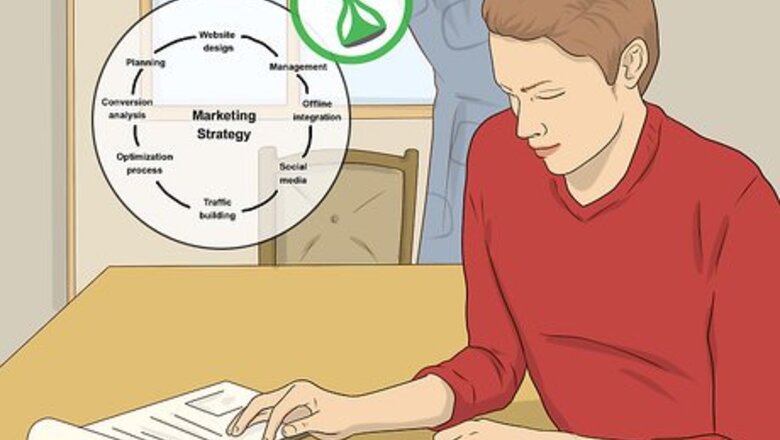
views
Writing about Your Skills
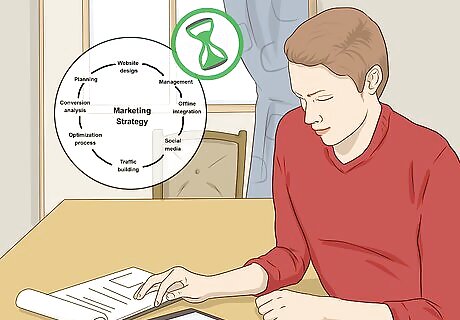
Spotlight times when you analyzed material. Analyzing information is an important way of showing how you can sift through data to uncover what it means. Think about things that you’ve had to analyze in past jobs. Try to come up with an example where you took the results of your analysis and used them to make something happen. You might say that you analyzed a previous company's marketing strategies and improved them, leading the company to increase sales by 15%.
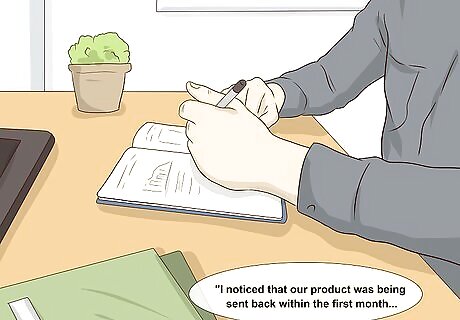
Emphasize your problem-solving skills. Every employer wants an employee who is able to not only fix problems, but notice problems that haven’t been spotted yet. When writing your cover letter, talk about a time when you had to come up with a solution to an issue. Make sure you didn’t cause the issue — maybe another employee messed up and you solved the problem, or your boss wanted to make something better and you came up with a solution. An example of how to incorporate problem-solving skills into your cover letter might be, "I noticed that our product was being sent back within the first month in many cases. After reading the reviews from the specific people who returned the item, I found that our product was made of weak plastic. I set a plan in motion to change the plastic to a stronger material."

Draw attention to how you can effectively research. Show your potential employer that you know how to search for answers. Employers want someone who can weed out bad sources and collect information in a timely manner. If you’ve done research for a job in the past, specify the details of the task and make sure you mention it on your resume. An example might be, “Researched the best type of freezer truck to invest in and came up with a cheaper alternative to the one currently being used.”

Show that you’ve worked with large numbers and data. It’s important to show that you’re able to work with data while analyzing it as well. If you had a previous job that involved dealing with large numbers or organizing a wide range of information, this is a great skill to list on your resume or CV. An example might be that you maintained and updated an Excel spreadsheet with all of the clients’ information on it, and it would be listed under your job description. Using exact numbers, percents, or figures on your resume, cover letter, or CV will show professionalism while also providing more detail.

Explain how your creative thinking is beneficial. When you’re able to think creatively, you can come up with solutions that others might not have thought of — a very valuable characteristic to an employer. If you’re a creative thinker, come up with an example to demonstrate this. Show how you can see problems differently from others. Maybe you thought of an out-of-the-box solution to a problem, or you came up with different methods of tackling a job.

Highlight how you’re great at communication. You may be an incredible analyst, but if you aren’t able to explain your findings to others, your findings won't translate. You need to show that you can take difficult, intricate information and make it easy to understand. Refer to a time when you created an interactive diagram of your findings, or you successfully conducted a presentation to a large group of people. This is a skill you could list on your resume under job responsibilities, or you could mention a time when you communicated information to a group in your cover letter.

Write about events or projects that you planned. Planning something takes analytical skills to do the research, find the best options, and carry out the results. If you planned an event or project, mention it on your resume or cover letter. Include some specifics and make sure to mention the success of the event or the outcome of the project. For example, you might say that you planned a company-wide meeting, mentioning how many people attended and what was accomplished at the meeting.

Point out any improvements you made at previous jobs. If you changed something for the better at a previous job, this is a great thing to mention on a resume or cover letter. Giving examples of ways you made a company better is an excellent way to encourage employers to hire you. You could talk about how you used your analytical skills to increase the number of hits your company’s website got per day, or how you improved the production process while decreasing production time. Mentioning improvements you've made is something you can list on your CV under the specific job title. It's also a great topic to bring up in a cover letter to show how you stand out.
Showcasing Your Skills During an Interview
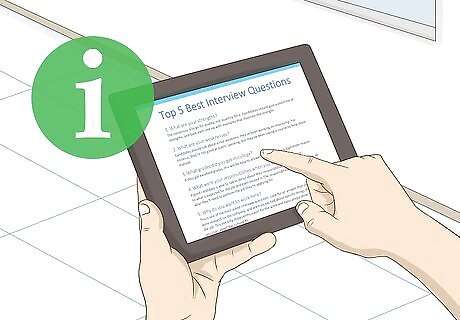
Research questions that are likely to be asked. Do a simple online search to find out what type of questions are asked during an interview for a job needing analytical skills. Researching beforehand will give you an idea as to the type of questions you should prepare for. For example, some typical questions from potential employers include, “How do you go about solving an issue when you’re not sure where to start?” or “Give an example of a time when you were given a problem to fix, and how you came up with a solution.”

Come prepared with problem-solving success stories. In an interview for a job needing analytical skills, you’re going to be asked to give examples of how you’ve demonstrated problem-solving. Before the interview, come up with situations where you came up with solutions to a problem. Be prepared to explain 3-4 instances where you problem-solved successfully, and know the details behind your examples. Avoid sharing stories where the problem was caused by you, even if you did solve it. Choose stories that are relevant to the job that you’re interviewing for. An example might be, "I noticed that the attendance had dropped at our most recent fundraisers, so I decided to poll the previous attendees to see how they'd describe their experience. I found that many people wanted to donate money but didn't have time to attend fundraisers, so I set up an online donating system."

Provide details in your answers. Giving detailed responses will show that you’re not only prepared, but that you know what you’re talking about. Instead of just stating the outcome of a situation, give the step-by-step process of how you got to the outcome. Instead of just saying that you planned a marketing event, you could say that you researched the targeted audience of the product and then created a marketing strategy that captured the attention of potential buyers, increasing sales by 30%. While you want to give details, you also want to make sure the details are relevant.

Be prompt with your responses. When a potential employer asks a question, don’t take too long to respond. While you definitely want a thought-out response, showing analytical skills in an interview means proving that you can think quickly on the spot. If you’re well-prepared, you should be able to respond promptly to a question.

Showcase your communication skills. Since an interview is based on talking, this is a great time to display your top-notch communication skills. When answering questions or explaining things you’ve done, don’t use fancy words unnecessarily. Show that you’re not only a skilled analyst, but you’re also able to talk about your results and research in a way that everyone can understand. If your job was to create password protection apps, you could start off by asking your interviewer if they use an app, journal, or other item to keep track of their passwords. Then you can give them a general summary of how you did your job, explaining the details as you would to someone who worked in a different job field.











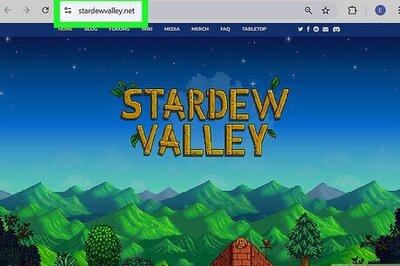






Comments
0 comment